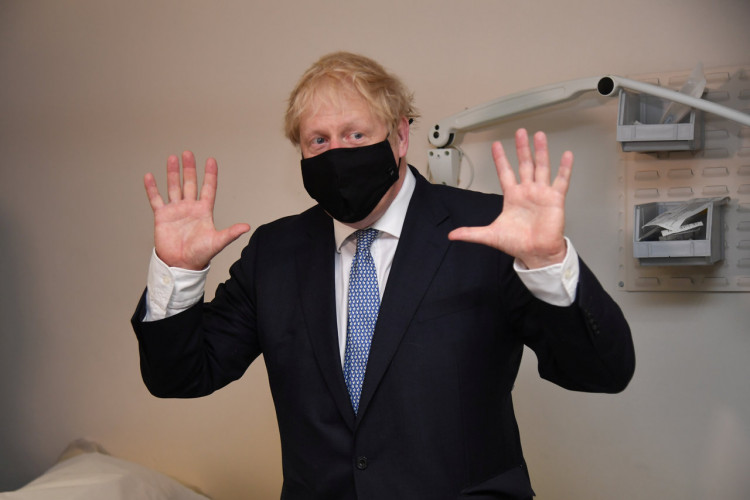A "No-Deal Brexit" that will likely do immense harm to the already badly hurting British economy appears to be the most likely outcome of the now contentious free trade talks between London and the European Union. The United Kingdom's gross domestic product plunged a record 20.4 percent in the second quarter.
UK and EU negotiators began their eighth round of talks over new trade arrangements in London Tuesday faced by the daunting reality not much significant progress was achieved over the past seven sessions. The stalled talks have reached a point where British prime minister Boris Johnson has gone public with his frustrations.
Speaking on Sunday, Johnson said if both sides can't overcome their differences by October 15, "then I do not see that there will be a free trade agreement between us."
Johnson's pessimism was echoed by Jean-Claude Juncker, former president of the European Commission, who said UK and EU negotiators are unlikely to reach a trade agreement before the trade talks deadline on October 15.
"The situation is not developing in the best direction possible," said Juncker. "No deal is the most possible and probable and only outcome of the negotiations."
Juncker views on the talks are important because he often played a key role in previous Brexit negotiations.
The EU, however, has previously said it will "do everything in [its] power to reach an agreement" with the UK. ON the other hand, the 27 nation bloc said it "will be ready" for a no-deal scenario."
The divide between the UK and the EU has widened with with reports the Johnson government is preparing to override parts of the Withdrawal Agreement, which is the pact that will make possible the UK's orderly departure from the EU and for a transition period throughout this year.
The EU has always warned the implementation of the Withdrawal Agreement is a precondition to any trade deal. It's also warned Johnson that doing away with parts of the Withdrawal Agreement will diminish trust in ongoing trade talks.
"I trust the British government to implement the Withdrawal Agreement, an obligation under international law and prerequisite for any future partnership," said Ursula von der Leyen, president of the European Commission, Monday.
Ahead of the talks, the UK's chief negotiator, Lord Frost, urged "realism" from the EU. He believes there is "still time" for both sides to agree a post-Brexit trade deal for 2021.
Lord Frost, however, said the EU must recognize the UK's negotiating position comes from that of a "sovereign state."
If a deal becomes impossible, trade between the EU and the UK on Jan. 1, 2021 will follow World Trade Organization rules. Resorting to WTO rules will increase costs for companies on both sides since tariffs will come into play. This outcome will be especially harmful to the UK's economy, which will have to negotiate free trade pacts with the rest of the world.






